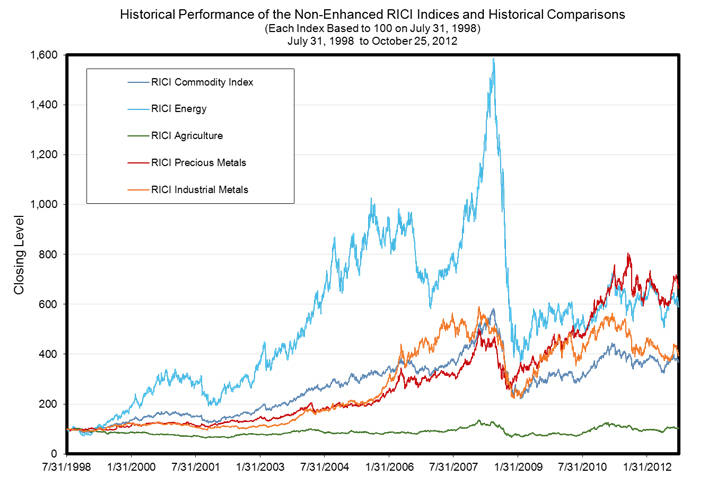For starters, we are not now in early January but in March, considered the final month of the continental European heating season, when demand is likely to be highest. Moreover, this has been a particularly mild winter – the mildest since 2008 – and higher than normal temperatures are forecast to continue for several weeks yet, significantly reducing demand for gas and leaving prices at their lowest for two years. Energy market analysts at the French bank Société Générale said in a briefing note last month that European gas demand in 2013 was at its lowest level since 1999. In the UK, gas consumption is currently approaching a 12-year low.
Partly as a result of weaker demand, but also because since the first "gas war" of 2006, many European countries have made huge efforts to increase their gas storage capacity and stocks are high. Some countries, such as Bulgaria, Slovakia and Moldova, which lack large storage capacity and depend heavily on gas supplies via Ukraine, would certainly suffer from any disruption in supplies. But Gas Infrastructure Europe (GIE), which represents the gas infrastucture industry, estimated that in late February European gas storage was 10 percentage points higher than this time last year and about half full; the National Grid puts Britain's stocks at about 25 percentage points above the average for the time of year.
"The conflict won't have any impact at all" on prices, a Frankfurt-based analyst told Bloomberg News. "The gas price is currently influenced by temperatures and storage levels, and both don't favour demand right now." Prices of gas for delivery next month have risen around 10%, but that reflects insecurities in the market about a possible military confrontation between Russia and Ukraine rather than worries about fundamental shortages of supply were Gazprom to turn off the taps, the analyst told the agency.







 Reply With Quote
Reply With Quote


 ) statement: "To be in this government is to commit political suicide,” he said. “And we need to be very frank and open". But now as an invader has come like a thief in the night this government will have a far easier time to do make reforms, even tough ones, and to get financial and legal aid from abroad.*
) statement: "To be in this government is to commit political suicide,” he said. “And we need to be very frank and open". But now as an invader has come like a thief in the night this government will have a far easier time to do make reforms, even tough ones, and to get financial and legal aid from abroad.*













Bookmarks